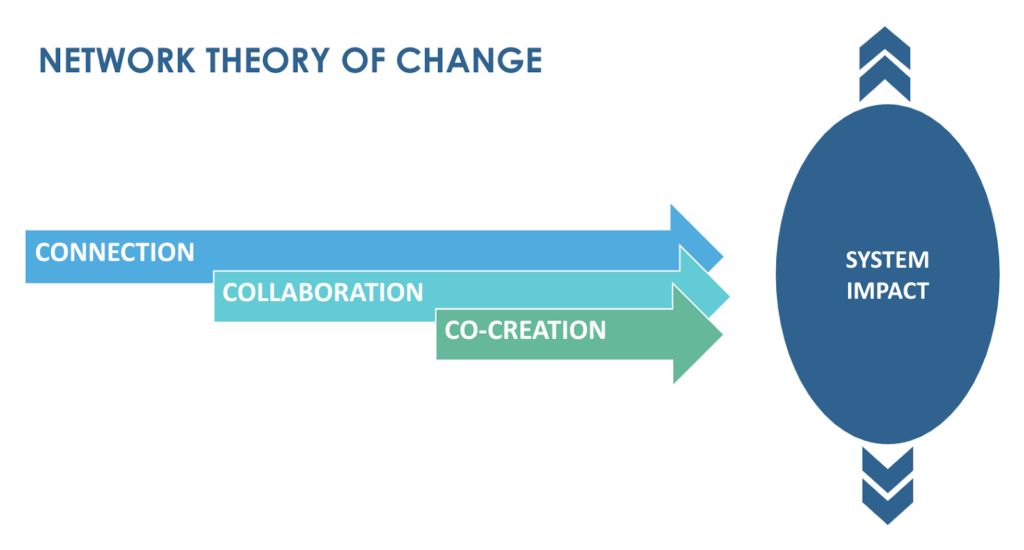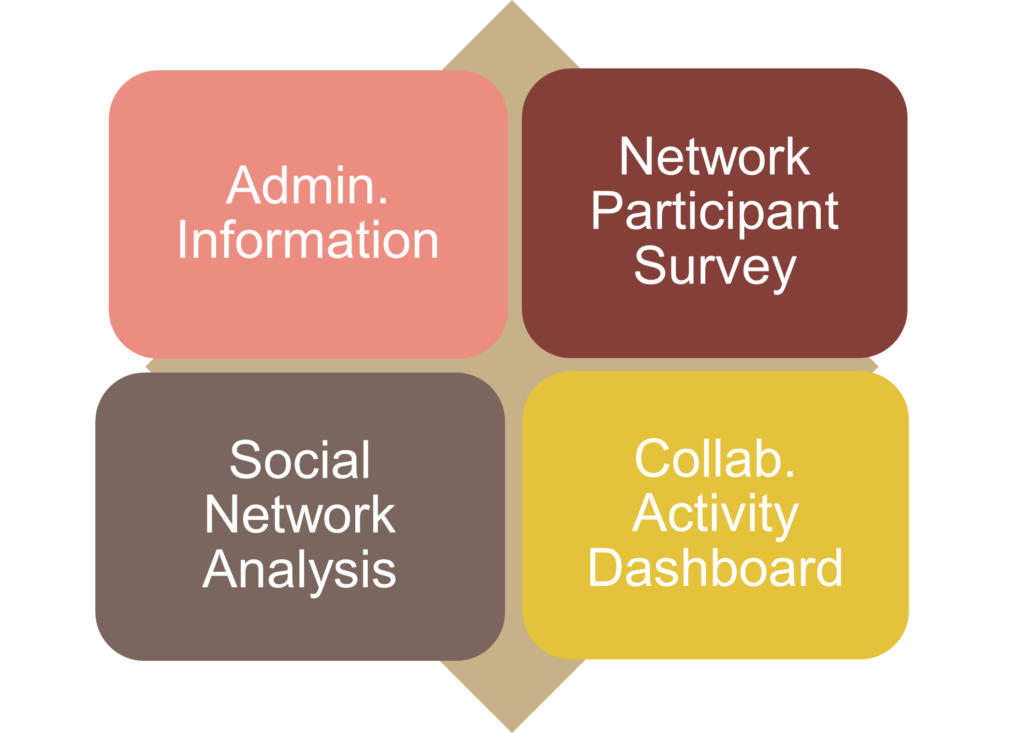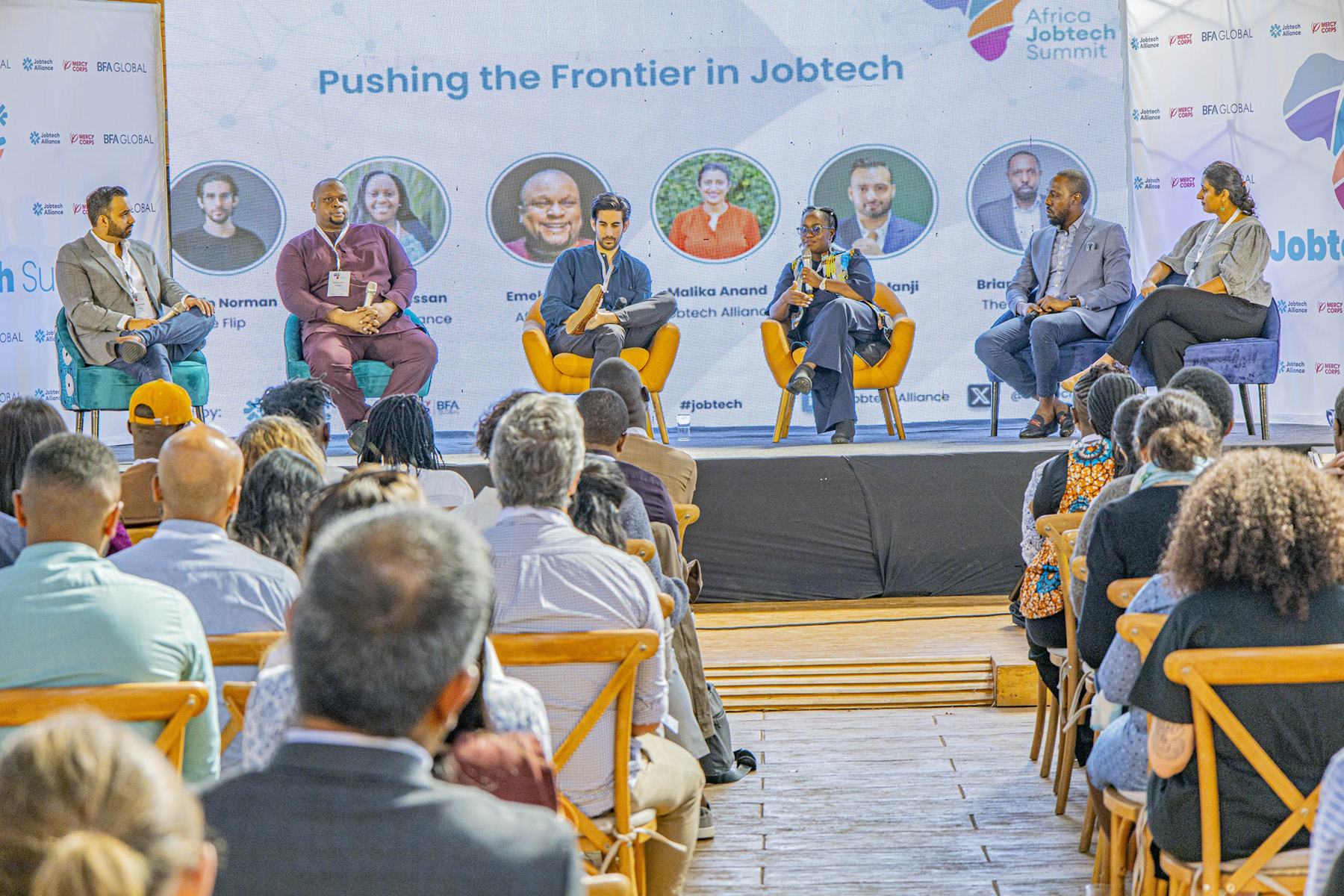
Impact networks: measuring towards success
How does Small Foundation think about the impact measurement and management (IMM) of impact networks?
In previous blog posts, we shared our current best thinking on why we support impact networks, and what working with a network approach means. In this post, we set out our understanding of how to evaluate the impact that networks have, and how we can best support our impact network partners in understanding this impact.
Together with our network thought partner Converge, we developed an IMM approach that focuses on understanding network performance, rather than compliance to a set number of quantifiable targets or indicators.
We wanted our means of evaluation to provide network coordinators with critical information to support their ability to coordinate, grow and sustain their networks more effectively. We wanted the information collected to be in service of the common purpose of the network and to help inform network coordinators on how to best add value to their network membership. By creating opportunities for network participants to voice their opinions, we also hoped to place the network’s membership at the heart of understanding, guiding and informing network development.
Guided by these principles, the approach we developed builds on our network theory of change.  As the network progresses and network members move from connection to collaboration towards the achievement of their stated purpose, our proposed framework aims to assess the underlying dimensions of network development which supports and affirms this progress.
As the network progresses and network members move from connection to collaboration towards the achievement of their stated purpose, our proposed framework aims to assess the underlying dimensions of network development which supports and affirms this progress.

In recognising that the context and capacity to track impact for each of our network partners is different, we also wanted to develop a framework for evaluation that could adjust to needs and requirements for each network. As such, the approach we have put forward is modular. Each piece can be used separately, but we think best effect is drawn from using a combination of the tools suggested. 
- Network administrative information: by collecting information around network membership, activities between convenings, convening attendance and content, as well as information about network working groups, network coordinators are able to better understand the membership of the network and its intended purpose. Regularly collecting this information can help identify network characteristics, and nip potential membership or engagement challenges in the bud.
- Network health: using a network participant survey to collect information around seven key pillars of network development, the assessment of network health is based on the perceptions and experiences of the network participants. This helps the network coordinator better understand how participation is experienced by the network members.
- Social network analysis: by using standard measures of connectivity between individual members of the network, network coordinators can understand and visualise where and how the network is progressing along the theory of change, from connectivity to co-creation.
- Collaborative activity tracker: understanding how networks can affect longer-term or systems-level change can often be difficult. The collaborative activity tracker aims to show the smaller, more easily captured collaborative activities between members that we believe to be the seeds of change towards the desired impact of the network.
To provide more detail on the approach that we have developed with Converge, we are sharing our evaluation toolkit, designed to support our partners, alongside a Frequently Asked Questions (FAQ) document that is useful in considering the application of the tools.
Download our evaluation toolkit here.
Download our FAQ document here.
Question, queries, thoughts and reflections all welcomed. Please contact Thomas Caffrey Osvald at thomascaffreyosvald@smallfoundation.ie for further information, or to start a conversation.

